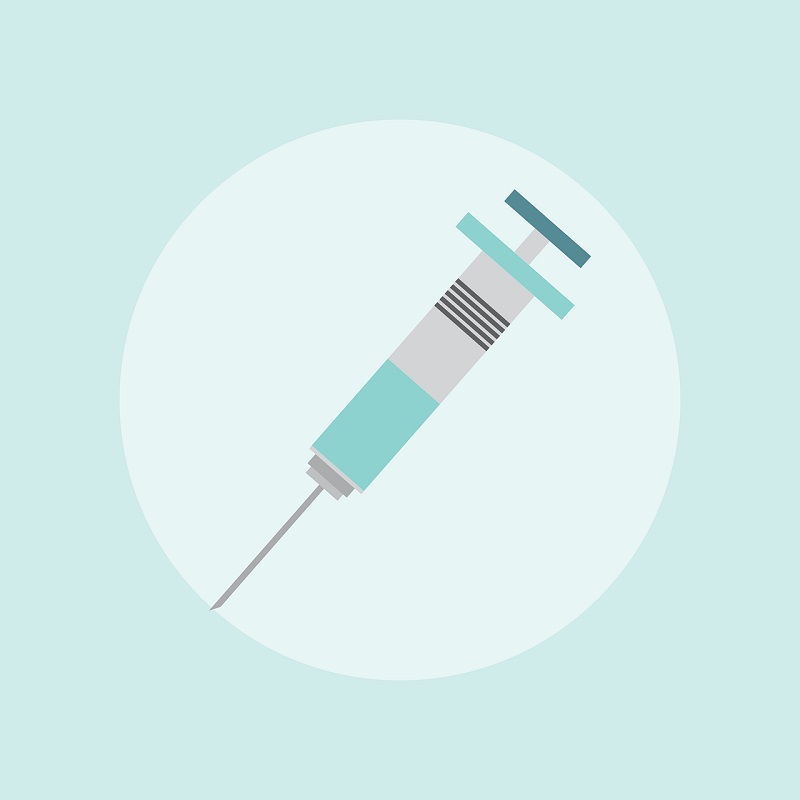Cobionix, a start-up company founded at the University of Waterloo in Canada’s Ontario, has performed the first autonomous robotic intramuscular injection. In other words, a robot performs a needle-free injection. This pioneering injection could greatly improve patient care.
Such technology reduces the impact of healthcare staff shortages. Also, it can assist in protecting staff from exposure when it comes to administering vaccinations. The coronavirus pandemic made this especially relevant. This is due to the fact that the virus is so contagious and dedicated healthcare staff have been working right on the frontline.
How does an autonomous robotic intramuscular injection work?
The company’s Cobi robot performs the injection. It makes a model of the body and determines the best site for the injection using impressive AI based software. Then, a high pressure jet of fluid is injected into the body through a tiny opening in the skin. Thanks to the robot, no needles are required!
Why is this important?
Nima Zamani, co-founder and CTO of Cobionix, explains the many benefits that the Cobi robot brings to the healthcare industry in this Waterloo News article:
“Autonomous solutions such as Cobi could protect healthcare workers, reduce healthcare costs, and improve patient outcomes. The autonomous nature of Cobi also dramatically reduces the infrastructure requirements of vaccine clinics which could help reach populations in remote areas with limited access to medical care.”
Technology is vital in taking steps forward in the healthcare industry. It’s really exciting to hear about developments like this which could improve patient care whilst simultaneously benefitting healthcare workers.
Trypanophobia – a fear of needles
News of a needle-free injection will be good news for those who have trypanophobia, a fear of needles. Thought to affect between 3.5 and 10% of the population, this phobia is relatively common and leads to the avoidance of vaccinations and blood tests. Although nobody likes having injections, people who suffer with trypanophobia have such a fear of needles that it causes an impact on their normal routine and other aspects of their lives.
If you suffer with trypanophobia there are things that you can do to overcome your fear of needles. For example, mastering breathing techniques to help to eliminate the anxiety that you feel. For some great advice, take a look at this Guy’s and St Thomas’ guide to overcoming your needle phobia.
You can read more articles about technology in healthcare on our blog.











